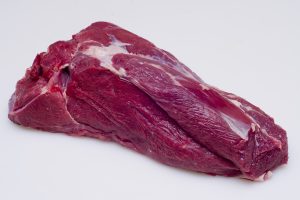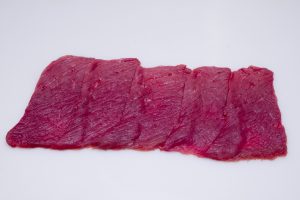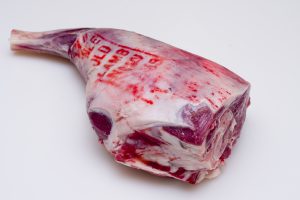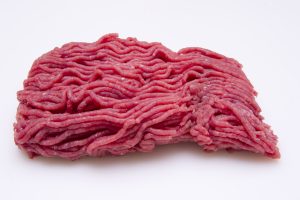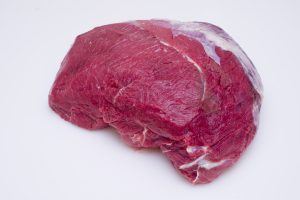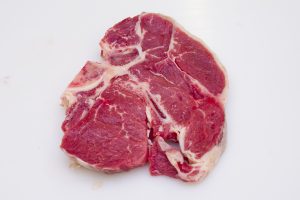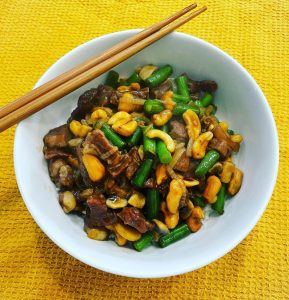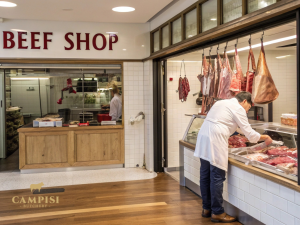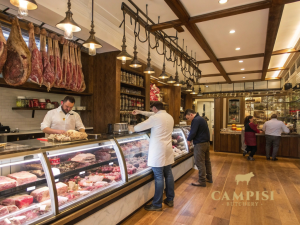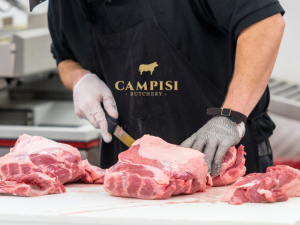In recent years, there has been a significant shift in consumer preferences towards sustainability, particularly in the food industry. This change is especially evident in the butchery sector, where more consumers are seeking out butcher shops that adhere to sustainable practices. This demand is driven by an increased awareness of environmental issues, animal welfare concerns, and the desire for healthier, ethically-sourced meat products.
Sustainable butchery practices encompass a range of efforts aimed at reducing the environmental impact of meat production, ensuring humane treatment of animals, and supporting local communities. These practices not only benefit the planet but also provide consumers with higher quality, ethically-sourced meat.
What is Sustainable Butchery?
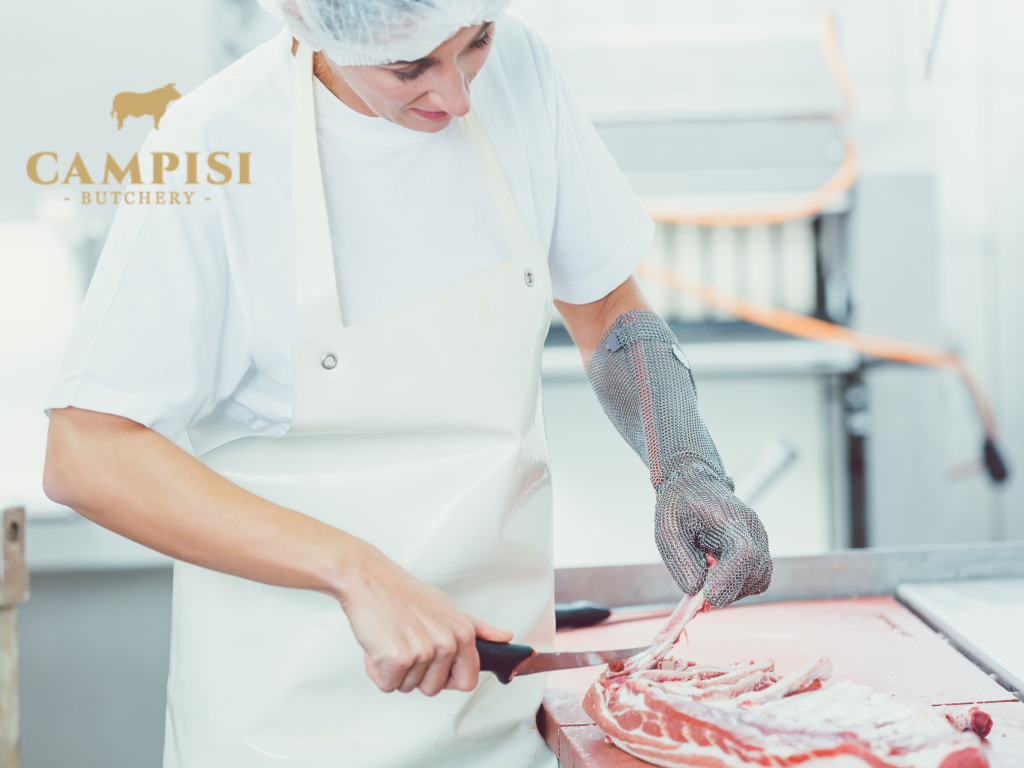
Definition and Key Principles of Sustainable Butchery
Sustainable butchery refers to a set of practices that aim to minimize the environmental impact of meat production while ensuring ethical treatment of animals. Key principles of sustainable butchery include sourcing meat from animals that are raised in free range environments, minimizing waste throughout the butchery process, and supporting local farmers and communities.
How Sustainable Butchery Practices Contribute to Environmental Conservation
Sustainable butchery practices play a vital role in environmental conservation. By sourcing meat from free range farms that use rotational grazing and other sustainable farming methods, these butcher shops help preserve soil health, reduce greenhouse gas emissions, and protect local ecosystems.
The Role of a Free Range Butcher in Sustainable Meat Production
Explanation of What It Means to Be a Free Range Butcher
A free range butcher is a butcher who sources meat exclusively from farms where animals are raised in open, natural environments rather than confined spaces. These animals typically have access to pasture, fresh air, and a diet that closely resembles what they would naturally consume. The result is meat that is not only healthier and more nutritious but also produced in a way that respects the animals’ well-being.
How Free Range Practices Contribute to Animal Welfare and Sustainability
Free range practices are integral to both animal welfare and sustainability. By allowing animals to graze and roam freely, free range farming supports natural behaviors and reduces the stress that animals often experience in confined, industrial farming environments. This, in turn, results in healthier animals and better-quality meat.
Ethical Sourcing: How Butchers in Sydney Are Leading the Way
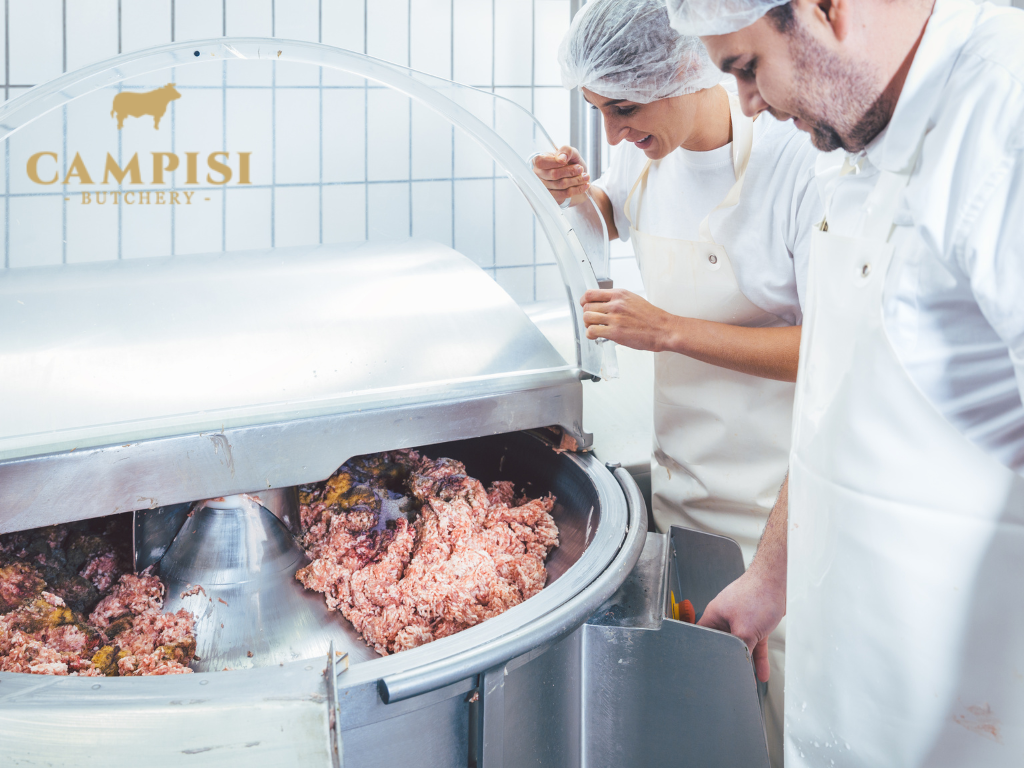
The Importance of Ethical Sourcing in Sustainable Butchery
Ethical sourcing is a cornerstone of sustainable butchery. It involves selecting suppliers who adhere to high standards of animal welfare, environmental stewardship, and fair labor practices. For butchers, ethical sourcing means being transparent about where their meat comes from and ensuring that it meets strict criteria for sustainability and ethics.
Examples of Sydney Butcher Shops That Prioritize Sustainable and Ethical Sourcing
Several butchers in Sydney are leading the way in sustainable and ethical sourcing. These butcher shops go beyond the conventional approach by sourcing their meat from local farms that follow sustainable farming practices. They often work directly with farmers to ensure that the animals are raised in humane conditions and that the farming methods used are environmentally responsible.
Reducing Waste in the Butchery Process
Techniques Used by Sustainable Butcher Shops to Minimize Waste
Sustainable butcher shops are committed to reducing waste at every stage of their operations. One of the most effective techniques they employ is the “nose-to-tail” approach, which involves utilizing every part of the animal to minimize waste. This means that everything from the prime cuts to the less common parts, such as offal, bones, and fat, is used to create products. For example, bones may be used to make broths, while fat can be rendered down for cooking or used in soap-making.
How Consumers Can Support Waste Reduction by Choosing Sustainable Products
Consumers play a vital role in supporting waste reduction efforts by making conscious choices when purchasing meat. One way to do this is by buying from butcher shops that prioritize sustainability and minimize waste. Customers can also ask their butcher about lesser-known cuts of meat, which helps ensure that more of the animal is utilized.
Another way consumers can contribute is by planning meals that incorporate all parts of the meat they purchase, reducing the likelihood of leftovers being wasted. Supporting butcher shops that offer sustainable, minimal-waste products not only helps the environment but also encourages the entire industry to adopt more eco-friendly practices.
The Environmental Impact of Choosing Sustainable Meat
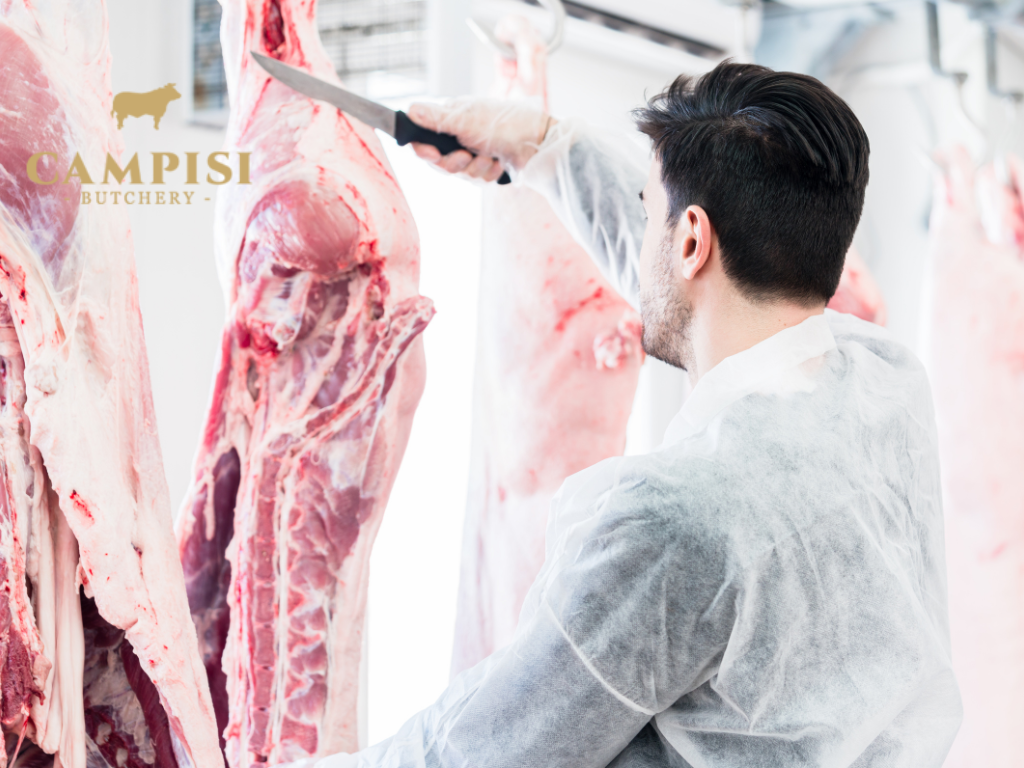
Overview of the Environmental Benefits of Purchasing Meat from Sustainable Butchers
Choosing to purchase meat from sustainable butchers has significant environmental benefits. Sustainable meat production practices, such as free range farming and rotational grazing, help maintain healthy ecosystems by preserving soil quality, reducing erosion, and promoting biodiversity. These practices also tend to require fewer chemical inputs, such as fertilizers and pesticides, which can be harmful to the environment.
Additionally, sustainable butchers often source their meat locally, which reduces the carbon footprint associated with transporting meat over long distances. By choosing sustainable meat, consumers contribute to a more environmentally responsible food system, one that values the health of the planet alongside the quality of the product.
How Sustainable Meat Production Reduces Carbon Footprint and Preserves Ecosystems
Sustainable meat production methods are designed to be environmentally friendly. For example, free range farming allows animals to graze on pasture, which naturally fertilizes the soil and promotes plant growth. This type of farming also helps sequester carbon in the soil, reducing the overall carbon footprint of meat production.
Furthermore, sustainable butchers often support practices that conserve water and energy, both of which are crucial for preserving ecosystems. By reducing the environmental impact of meat production, sustainable butcheries play a crucial role in protecting natural resources and promoting long-term ecological balance.
How to Identify a Sustainable Butcher Shop
Key Characteristics of a Butcher Shop Committed to Sustainability
Identifying a sustainable butcher shop involves looking for several key characteristics. First and foremost, a sustainable butcher will be transparent about the sourcing of their meat, providing information about the farms they work with and the farming practices used. They are likely to source from local farms that prioritize animal welfare, use free range methods, and practice ethical farming.
Questions to Ask Your Butcher to Ensure Their Practices Align with Sustainability
To ensure that your butcher aligns with sustainability practices, consider asking the following questions:
- Where do you source your meat from?
- Are the farms you work with free range and do they practice sustainable farming?
- How do you minimize waste in your butchery process?
- Do you offer any products that use the whole animal, such as bones or offal?
- What kind of packaging do you use, and is it environmentally friendly?
Supporting Local Farmers Through Sustainable Butchery
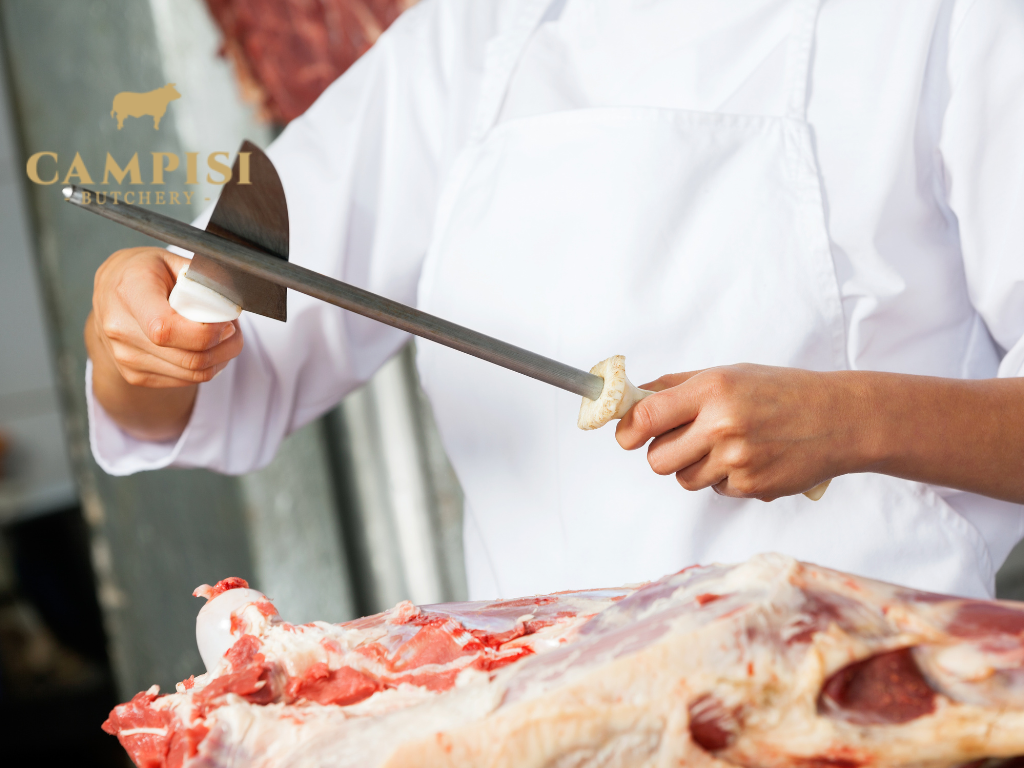
The Relationship Between Sustainable Butcheries and Local Farming Communities
Sustainable butcheries often have strong relationships with local farming communities. By sourcing their meat from local farms, these butcheries help support the local economy, ensuring that farmers who prioritize ethical and sustainable practices can continue to operate. This relationship is mutually beneficial: farmers receive fair prices for their high-quality meat, while butcheries gain access to fresh, ethically-produced products.
How Choosing a Sustainable Butcher Shop Supports Local Economies and Farmers
When consumers choose to buy from a sustainable butcher shop, they are directly supporting local farmers who practice ethical and sustainable agriculture. This choice not only ensures that these farms remain viable but also encourages the adoption of sustainable practices across the industry. By prioritizing local, sustainable products, consumers help create a demand for high-quality, ethically-sourced meat, which in turn benefits both the environment and the local economy.

